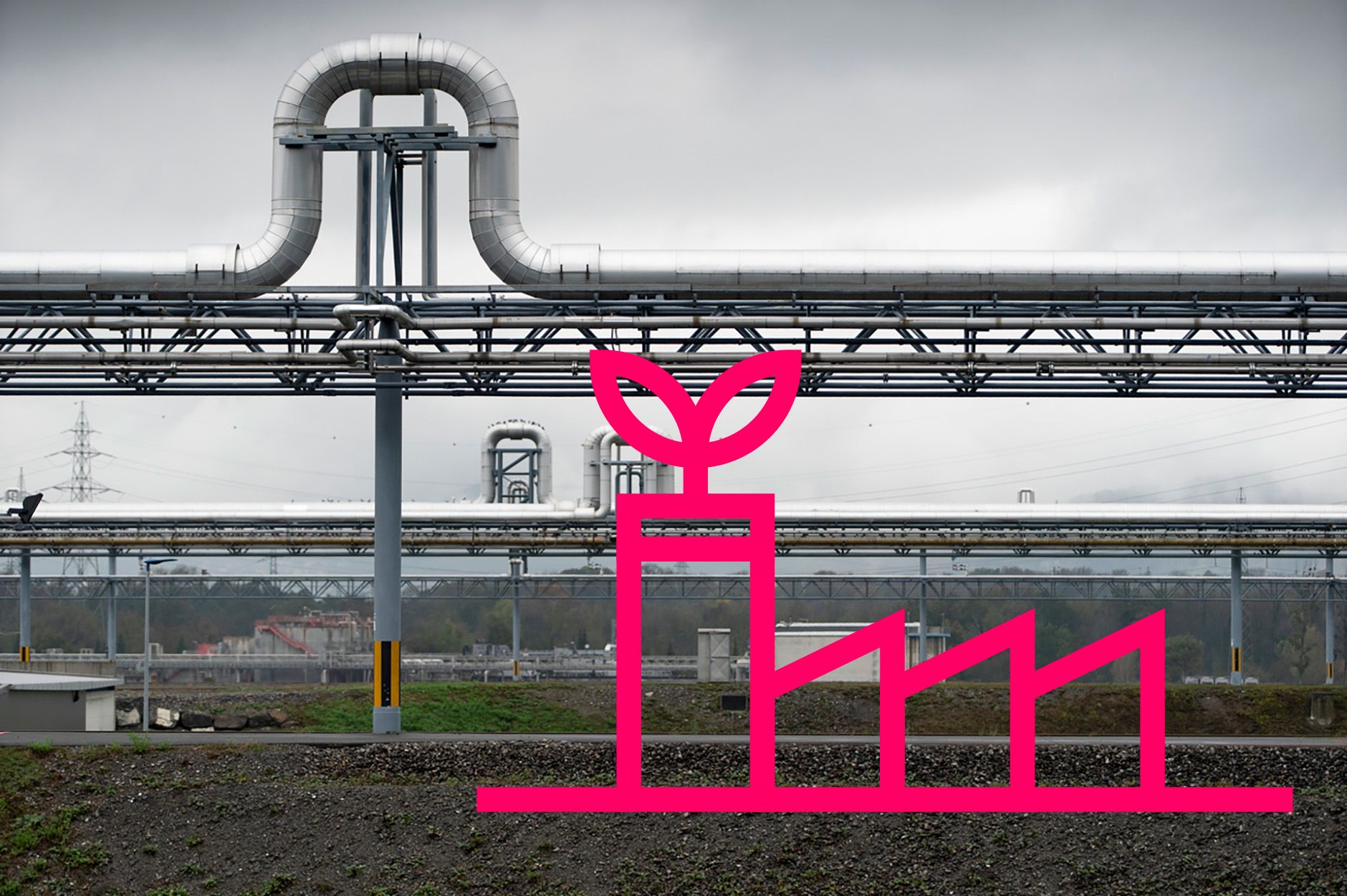引领可持续运营对话
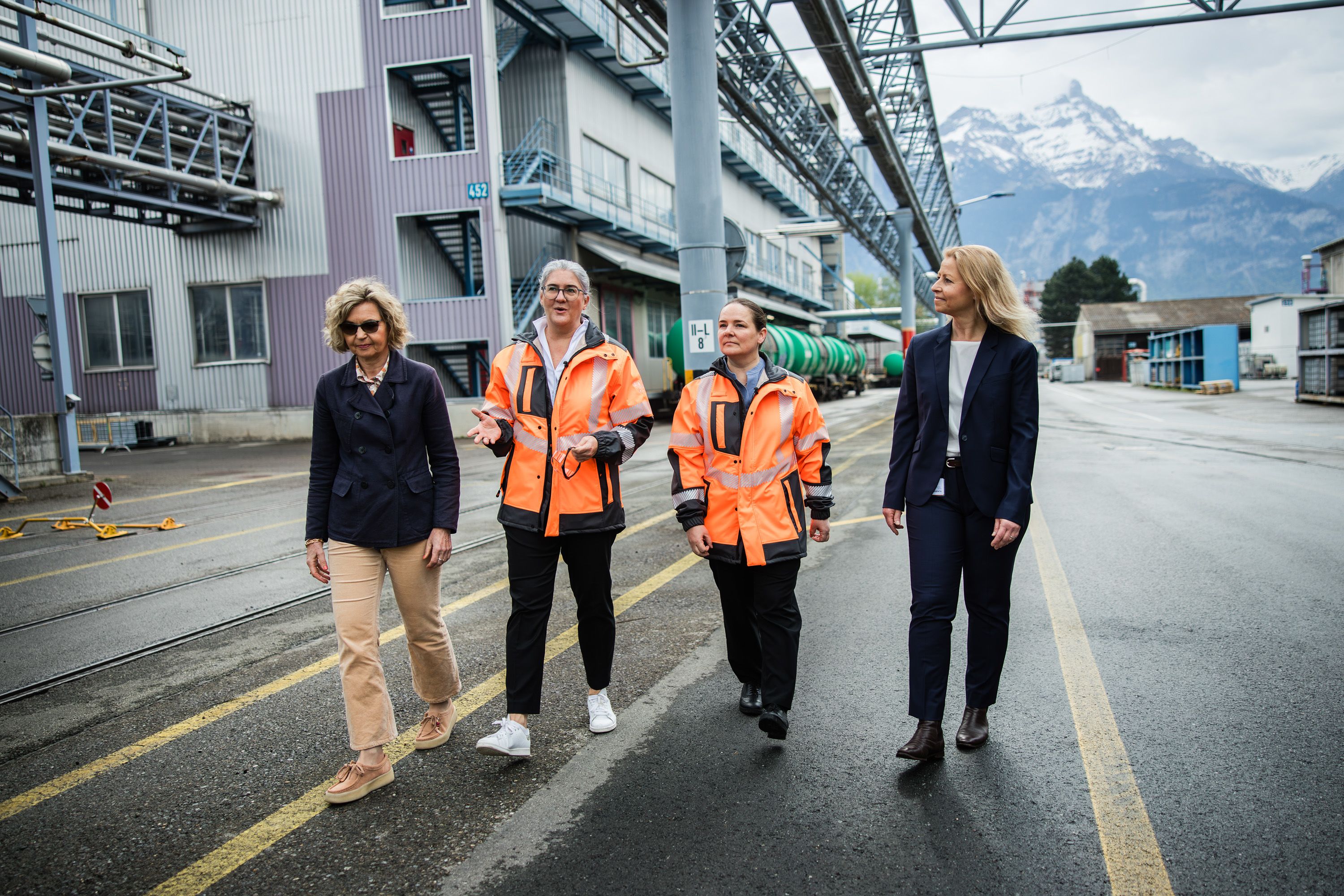
这座位于瑞士瓦莱州蒙泰的先正达集团生产基地,被皑皑雪山所环抱,拥有绝美自然风光,也许正是开启可持续运营对话的最佳地点。
自125年前人们利用维埃兹河(La Vieze river)的水力发电建立制糖厂以来,可持续发展的理念便在蒙泰生根发芽。时至今日,这条河流仍能满足工厂三分之一的电力需求。
先正达集团始终将管理其运营对社会和环境的影响视为己任。可持续运营代表的不仅仅是一系列实践,更体现了我们构建与自然更加和谐共生关系的历程。
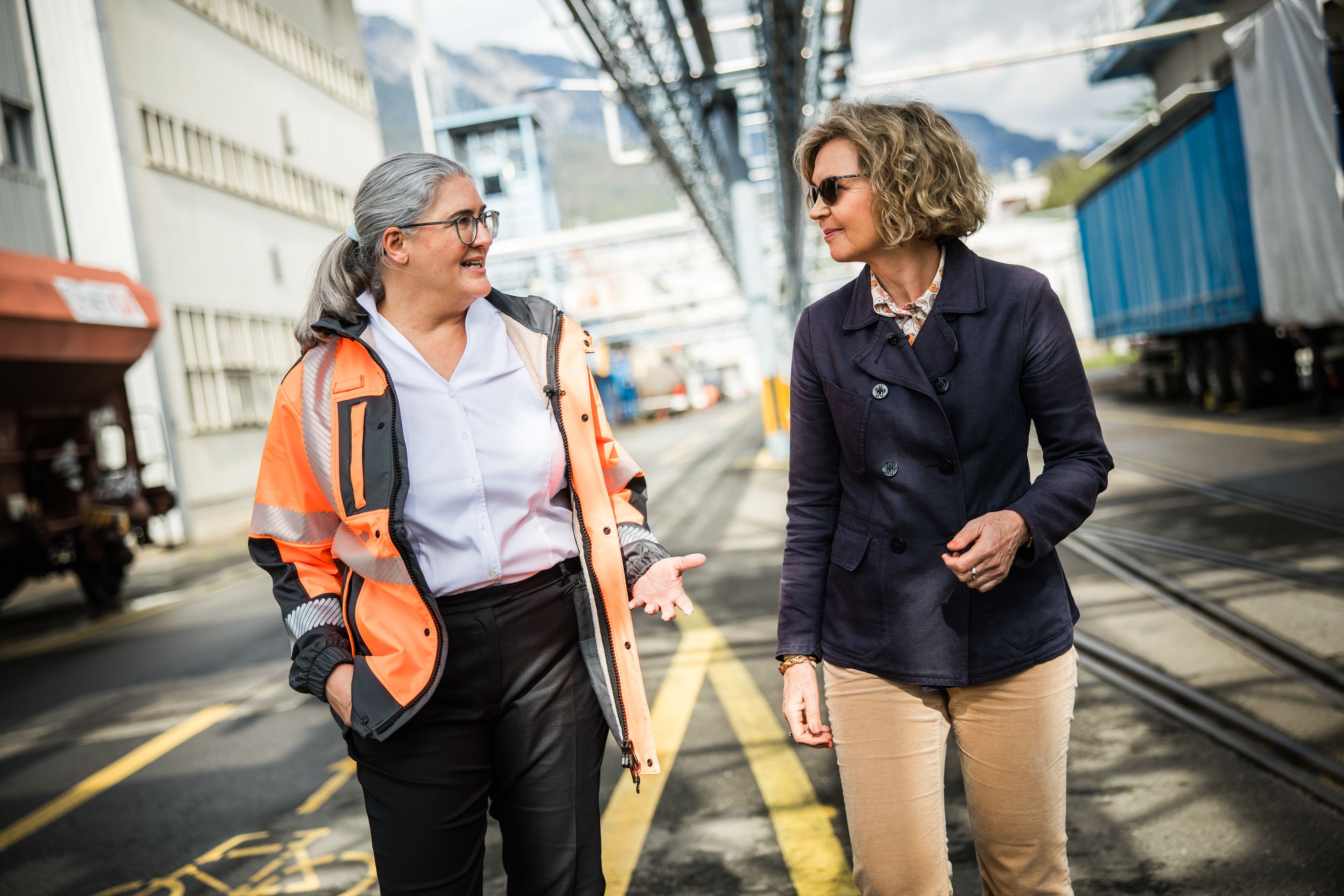
在这一关键问题上,“身体力行”的践行者非Alexandra Brand(可持续发展与企业事务执行副总裁)和Petra Laux(集团首席可持续发展官兼先正达植保可持续发展与企业事务负责人)莫属。两位领导者以坚定的步伐和满腔的热情推动先正达的可持续发展战略向前发展,同时积极促使公司达成其宏伟目标。
Brand表示:“我们致力于探索减少运营中碳排放的路径,并已初见成效,这对我们来说很重要。”
Laux补充道:“我们很高兴能在全球范围内引领这一领域的行业变革,并作为一个团队,共同践行我们的承诺。”
加速成果实现
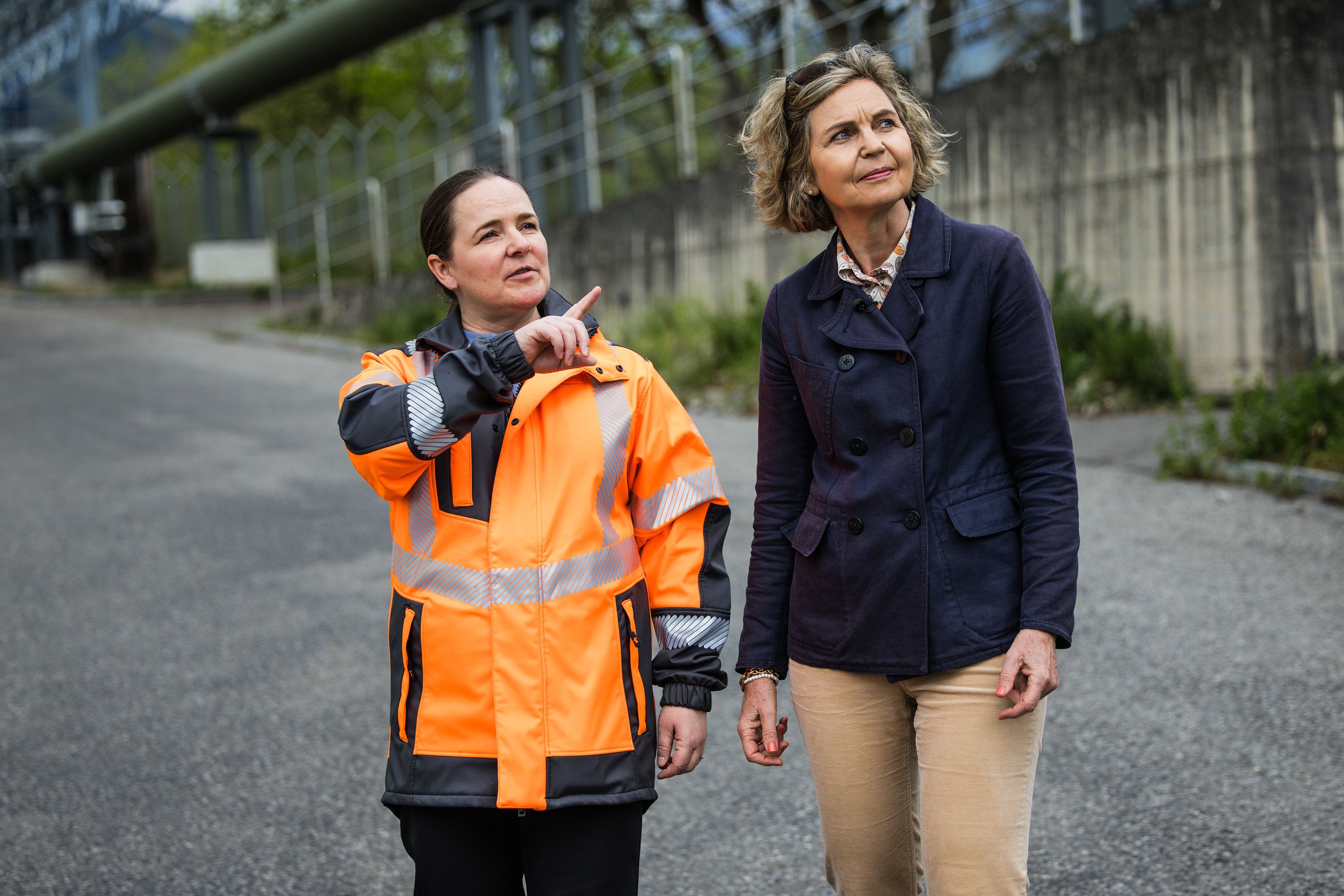
对于先正达集团而言,加速减排进程、实施渐进式优化以及推动规模化变革至关重要。而协调跨越100个国家的全球业务网络,实施具有影响力的战略却并非易事。
为此,集团专门成立了一个专门的团队,专注于可持续运营创新解决方案的制定,涵盖了可再生能源采购、节能、运营效率和直接减排等多个领域。
蒙泰基地的Ecotube项目就是其中一例。该项目重新思考了如何使蒸汽生产更具可持续性这一问题,将附近废料场产生的热能这一关键资源加以重新利用,为蒸汽发电提供了动力。目前,Ecotube项目已能满足基地超过一半的蒸汽需求。
全球植保采购负责人Rachel Stenson Bugnon表示:“这只是我们众多努力中的一环。蒙泰基地在推动改进工艺、降低能耗和减少废弃物方面,拥有悠久的历史。”
植保可持续运营主管Anja Pires则重点介绍了蒙泰基地减少碳足迹的其他实用策略。她介绍说:“我们的Stratopair中央通风焚烧装置,可以帮助我们将燃烧气体所需的燃料量减少至原来的一半。”
Stenson Bugnon补充道:“蒙泰基地的实践,正是我们在全球各地实践的缩影。”
合作与协作
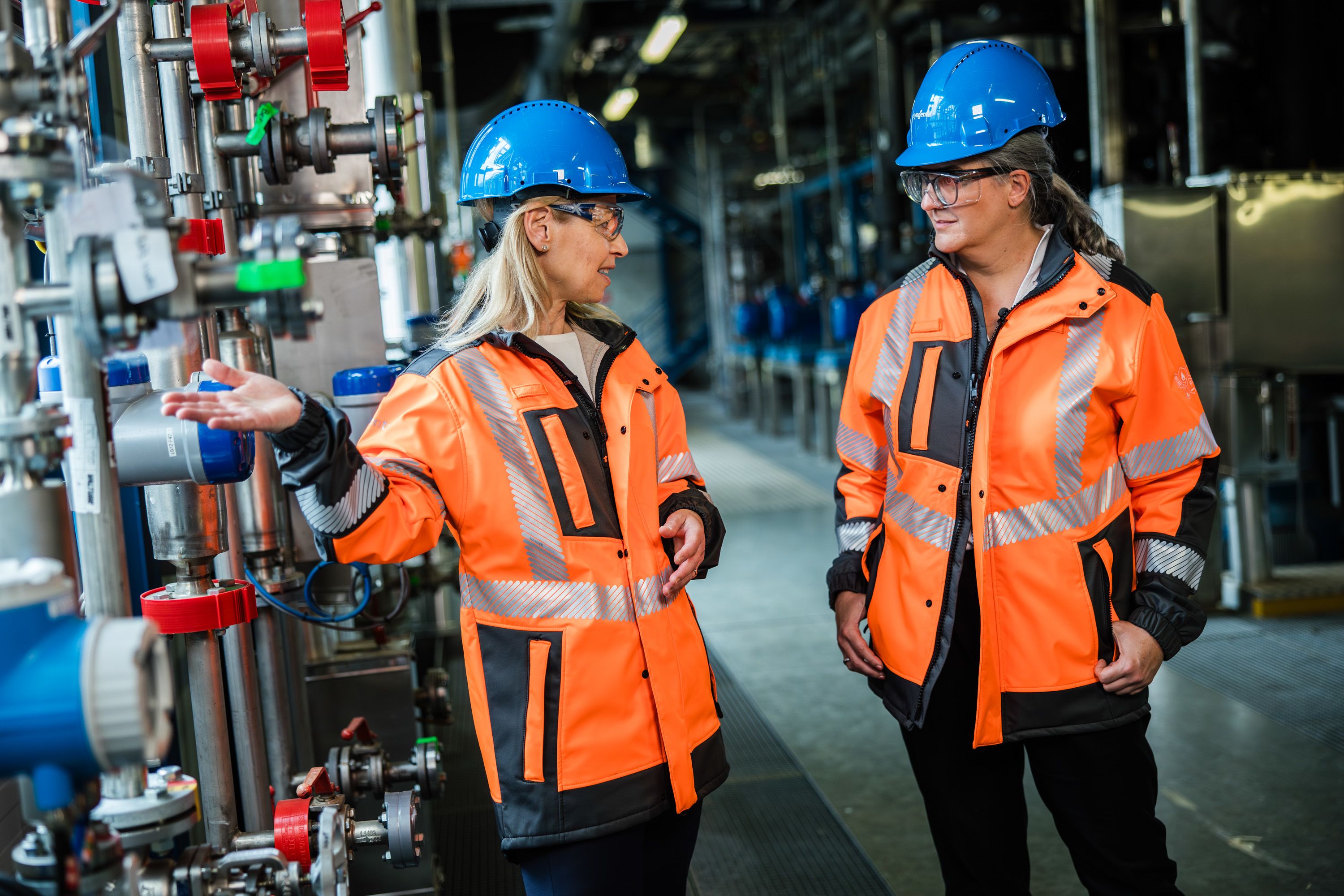
可持续发展之路,非一己之力可达。先正达集团与合作伙伴及供应商密切合作,以便更好地了解各方的排放情况,携手在其供应链中发掘并实施碳减排潜力。
先正达积极参与跨部门倡议,共绘更具可持续性的未来蓝图。
Pires表示:“脱碳征程不能孤军奋战。我们正在密切联动现场合作伙伴网络,共同探索解决方案。”
以蒙泰基地为例,一条不起眼的小管道却发挥了巨大的作用。它可以回收生产过程所需的甲醇溶剂,通过循环利用而非新购,每年可节省约80万升甲醇,减少400吨二氧化碳当量排放,相当于减少了100辆汽车的排放量。
全球努力
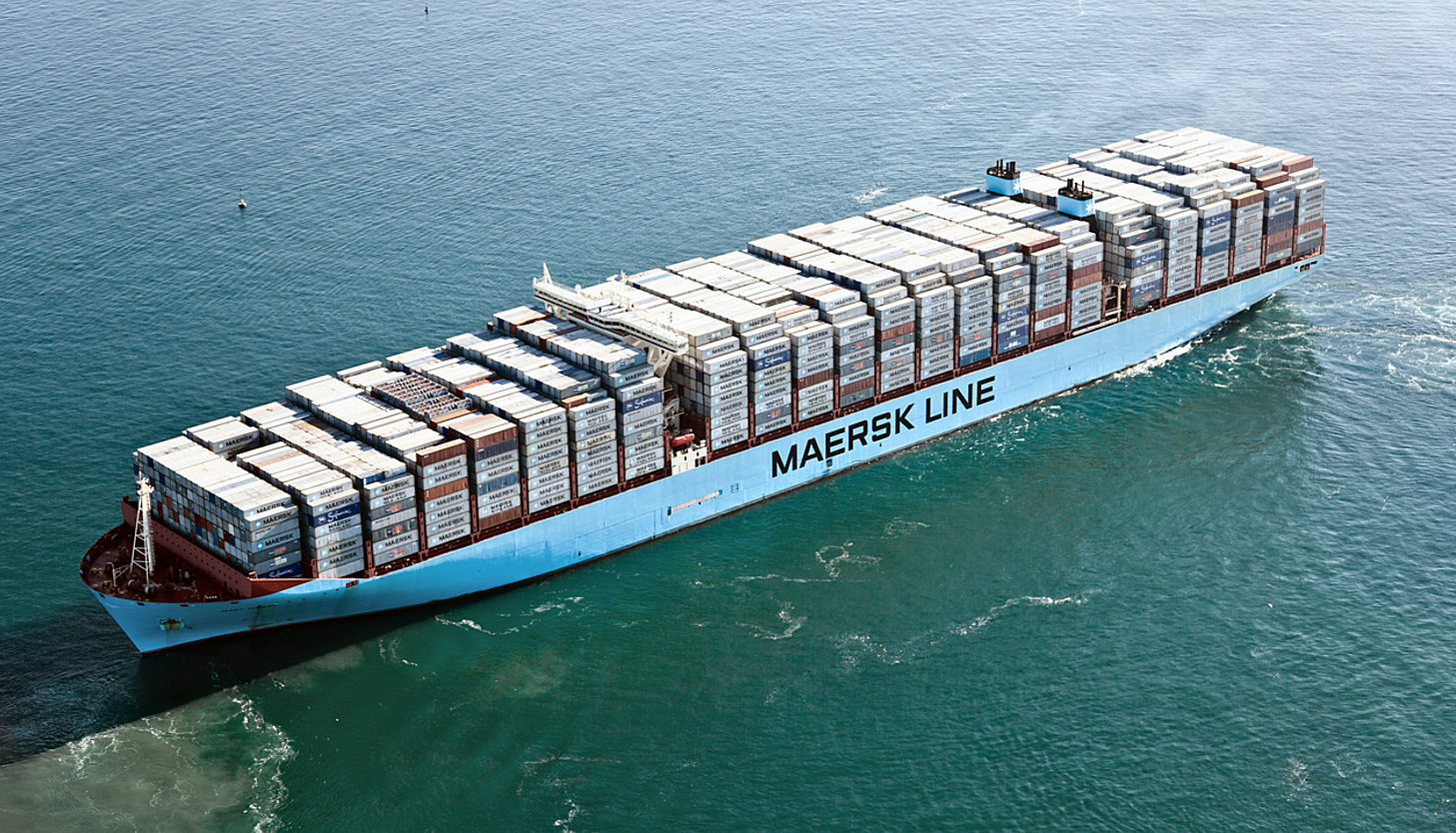
诚然,正Stenson Bugnon所言,先正达的可持续运营转型并非局限于蒙泰一地。在全球范围内,多个生产基地因其在脱碳方面的卓越表现而备受赞誉。
位于美国路易斯安那州圣盖博市的生产基地被美国环境保护署认证为“顶级绿色能源用户”。先正达集团是农业领域唯一一家入选美国环境保护署“绿色电力伙伴关系”百强用户名单的公司。
在巴西,先正达集团旗下植保和种子的研发及生产基地百分百使用可再生能源。
在中国,昆山生产基地因在运营过程中完抵消了运营产生的碳排放,获得了北京绿色交易所(中国碳排放交易平台)颁发的“碳中和”证书,成为先正达集团中国打造的首家碳中和工厂。
最近,先正达植保宣布将在海运中采用马士基ECO Delivery解决方案,以减少物流过程中的环境影响。自2024年起,欧洲至美国的航线将使用生物燃料运输集装箱
Laux表示:“我为整个团队的承诺而感到自豪。”
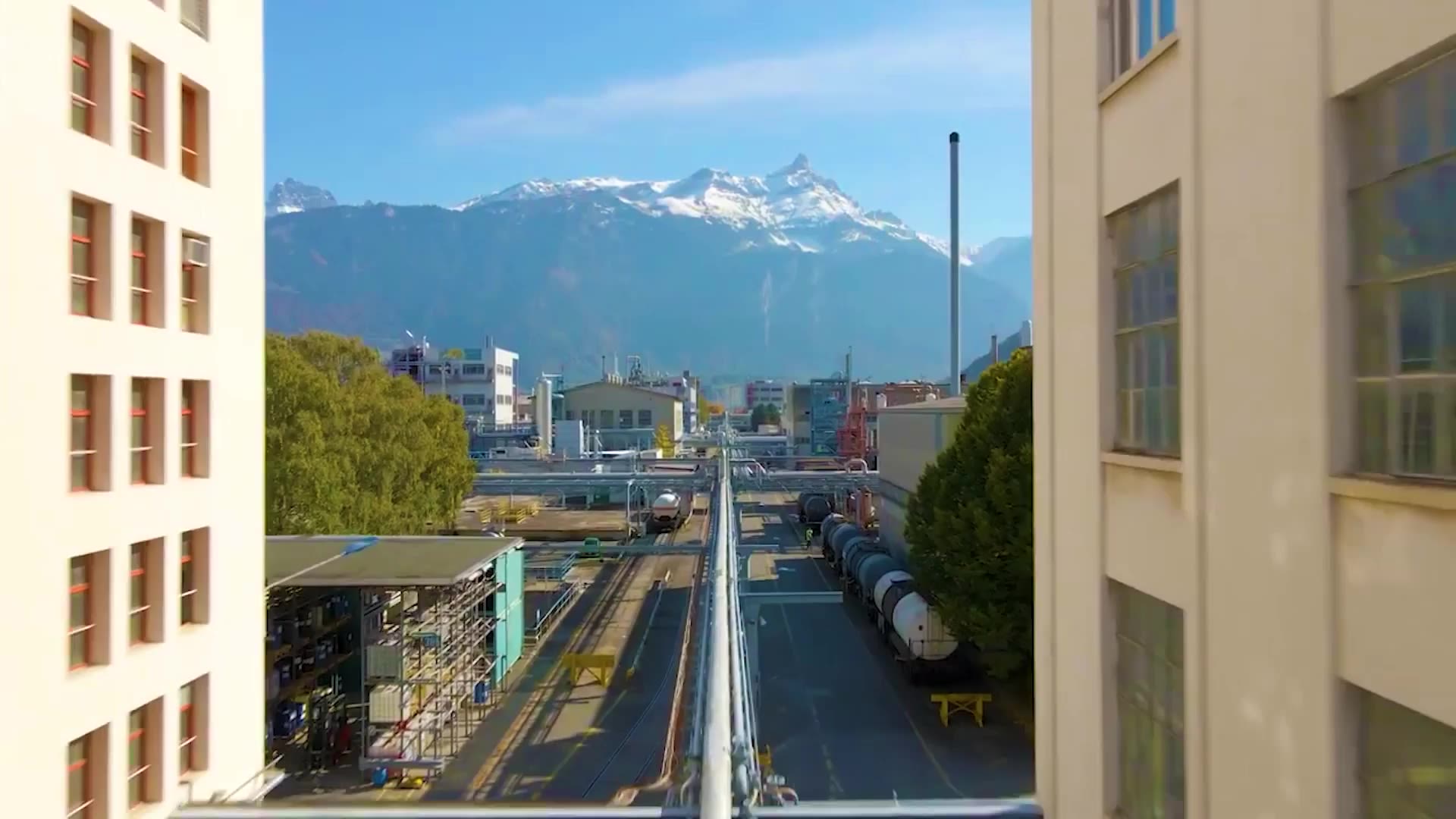
可持续发展是一项长期承诺。先正达已立下宏伟目标,并将不懈追求。在通往可持续发展的征途上,我们需要持续学习、不断创新,以积极主动的态度克服各种障碍。
虽然这一旅程或许有些漫长,但在充满激情的领导的引领下,在积极进取的团队的努力下,在创新行动的推动下,我们将继续共同进步,确保未来更具可持续性。


